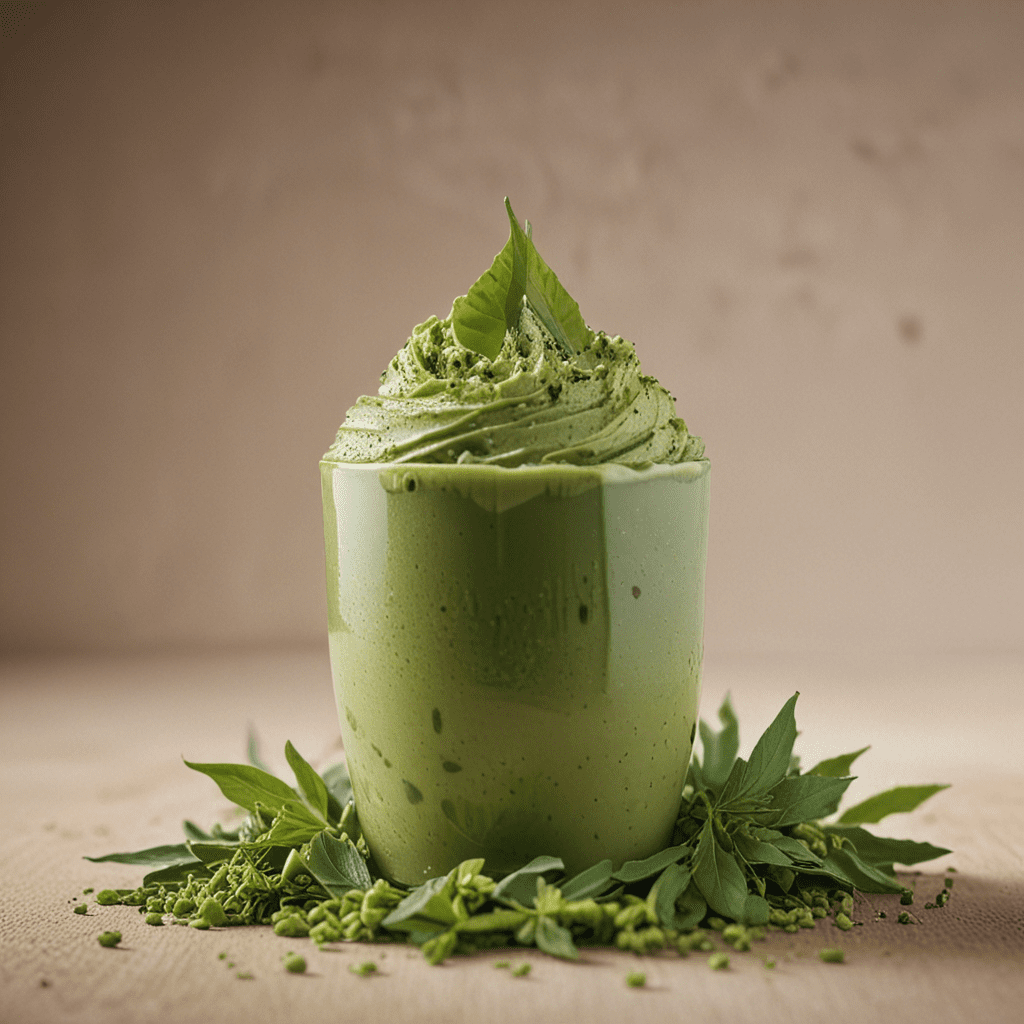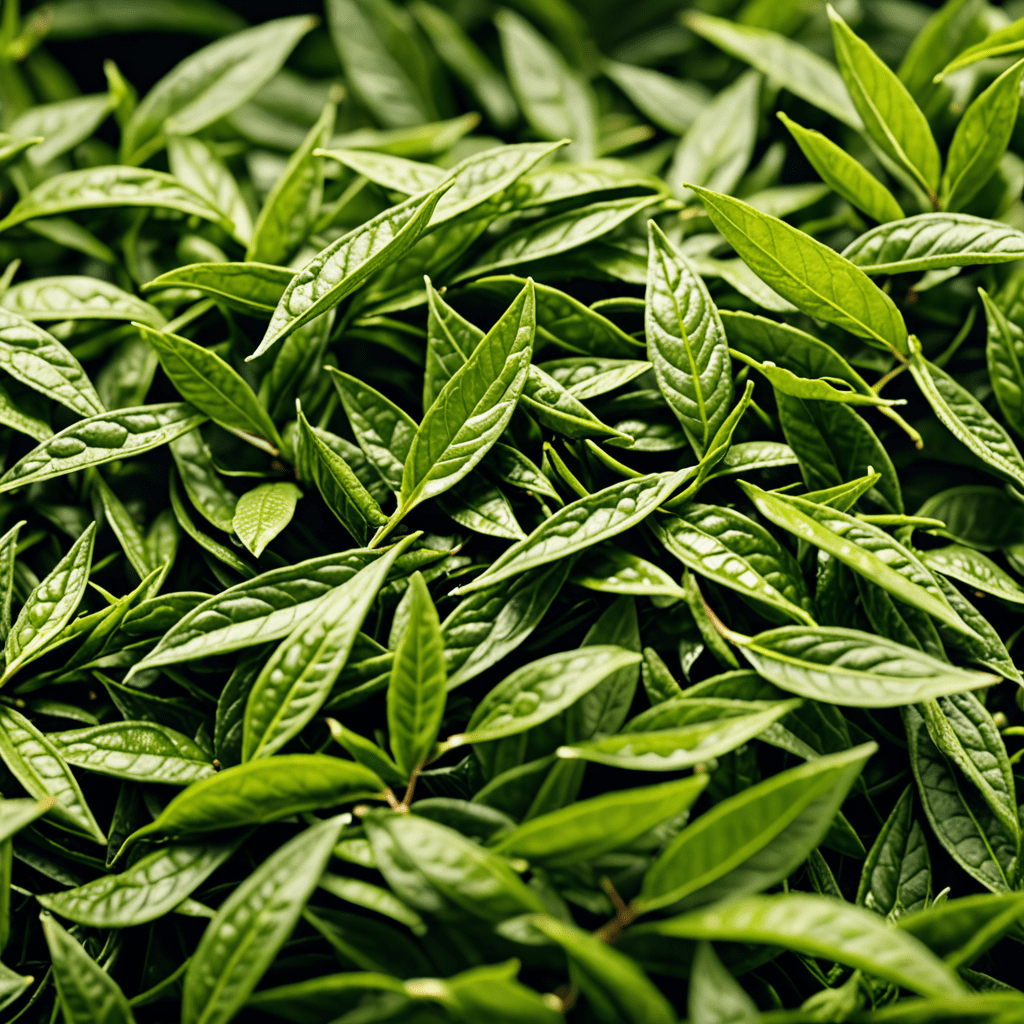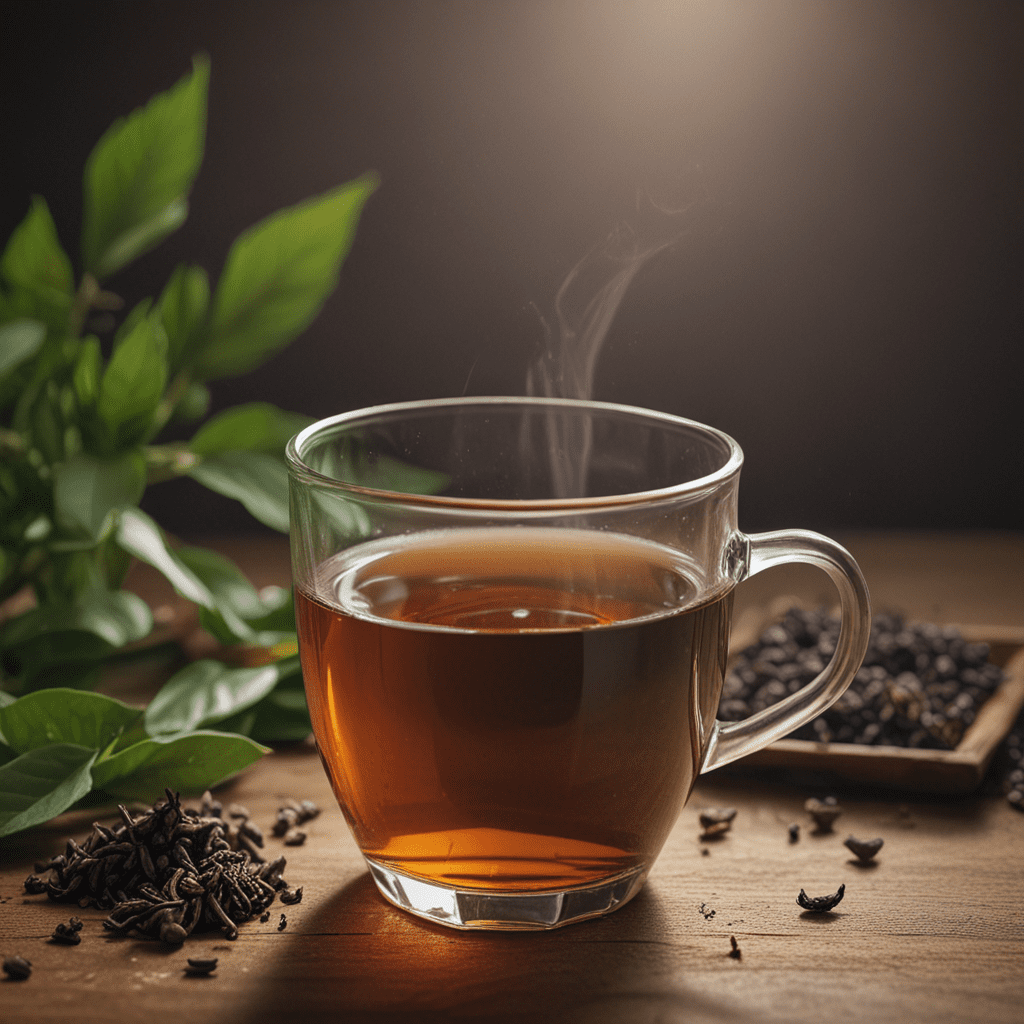
1. Introduction
Matcha, a finely ground green tea powder, stands as a beacon of serenity amidst the tumult of modern life. Renowned for its vibrant emerald hue and earthy flavor profile, matcha has seen extensive use in traditional Japanese tea ceremonies for centuries. Beyond its cultural significance, matcha packs a potent arsenal of health-promoting compounds, including antioxidants and amino acids, that have garnered significant attention for their purported stress-relieving properties.
Stress has become an unavoidable aspect of contemporary life, exerting a pervasive influence on our physical and mental well-being. Extended exposure to stress can lead to a myriad of adverse health outcomes, ranging from anxiety and sleep disturbances to cardiovascular ailments. Recognizing the magnitude of this issue, researchers have delved into the potential of matcha as a natural stress reducer, yielding promising results.
2. Matcha’s Role in Stress Management
Matcha's stress-alleviating effects stem from its unique composition. Foremost among its active components is L-theanine, an amino acid that exerts a calming influence on the mind without inducing drowsiness. By interacting with neurotransmitters in the brain, L-theanine promotes relaxation and reduces feelings of stress and anxiety.
Additionally, matcha contains a wealth of antioxidants, including catechins and polyphenols, which combat oxidative stress—a major contributor to cellular damage and aging. These antioxidants neutralize free radicals, protecting the body from their harmful effects and contributing to overall well-being.
3. Evidence for Matcha’s Stress-Relieving Effects
Numerous scientific studies have substantiated matcha's stress-reducing properties. In one such study, participants who consumed matcha showed significantly decreased levels of stress and anxiety compared to those who received a placebo. Another study found that matcha consumption improved mood and reduced feelings of fatigue in individuals facing stressful situations.
Anecdotal evidence further supports the efficacy of matcha for stress relief. Many individuals have reported experiencing a sense of calmness and relaxation after consuming matcha tea or incorporating it into their daily routines.
4. Incorporating Matcha into a Stress-Reducing Routine
To harness the stress-relieving benefits of matcha, it is recommended to consume it regularly. A daily dose of 1-2 cups of matcha tea is generally considered optimal, though individual needs may vary. Matcha can be incorporated into a variety of beverages, such as tea, smoothies, and lattes. It can also be added to baked goods or sprinkled on yogurt or oatmeal.
5. Combining Matcha with Other Stress-Relief Techniques
While matcha is a potent stress reducer on its own, combining it with other stress-management techniques can amplify its benefits. Yoga, meditation, and regular exercise are all effective practices that can enhance matcha's calming effects and promote overall well-being.
6. Potential Side Effects and Safety Considerations
While matcha is generally considered safe for most people, it is essential to consume it in moderation. Excessive intake of matcha can lead to caffeine-related side effects such as anxiety, jitters, and insomnia. Individuals sensitive to caffeine should be mindful of their consumption.
Additionally, matcha, like other green teas, contains tannins, which can interfere with iron absorption. It is recommended to consume matcha between meals to minimize this effect.
7. Choosing the Right Matcha
The quality of matcha varies significantly, and choosing the right type is crucial for maximizing its stress-relieving benefits. Organic, shade-grown matcha is widely regarded as the highest quality. Organic cultivation methods ensure the absence of harmful pesticides and chemicals. Shade-growing increases chlorophyll production, resulting in a more vibrant green color and enhanced nutrient content.
8. Sustainable and Ethical Sourcing
Choosing ethically sourced matcha is essential for both environmental and social reasons. Sustainable matcha production practices minimize environmental impact by reducing water consumption and promoting biodiversity. Fair trade practices ensure that matcha farmers are fairly compensated for their labor, contributing to the well-being of local communities.
9. Long-Term Benefits of Matcha Consumption
Beyond its immediate stress-relieving effects, matcha consumption may provide long-term cognitive benefits. The antioxidants in matcha protect against neurodegeneration and may reduce the risk of cognitive decline. Additionally, regular matcha consumption may promote healthy aging and increase overall well-being.
10. Conclusion
The mounting evidence suggests that matcha is a potent natural stress reducer. Its unique composition, rich in L-theanine and antioxidants, contributes to its calming and restorative properties. By incorporating matcha into a regular routine, individuals can harness its stress-relieving effects, promote relaxation, and enhance their overall well-being.
FAQs
Q: How much matcha should I consume daily?
A: 1-2 cups of matcha tea per day is generally considered an optimal dosage.
Q: Can I consume matcha if I am pregnant or breastfeeding?
A: It is recommended to consult with a healthcare professional before consuming matcha during pregnancy or breastfeeding.
Q: Can I add matcha to other foods and beverages?
A: Yes, matcha can be added to smoothies, lattes, baked goods, and other food items to enhance their flavor and nutritional value.
Q: What is the difference between matcha and regular green tea?
A: Matcha is made from the entire green tea leaf, while regular green tea is made from the steeped leaves. This difference results in a higher concentration of nutrients and antioxidants in matcha.


